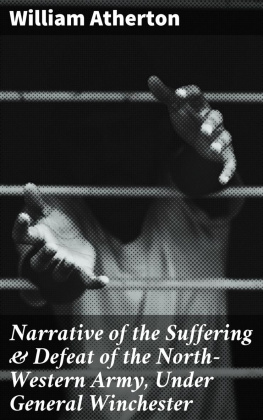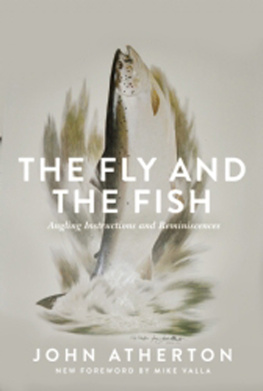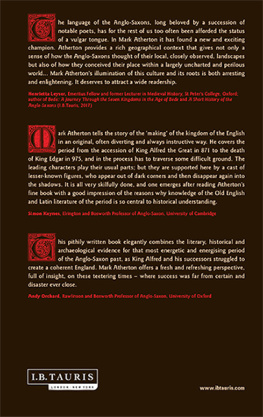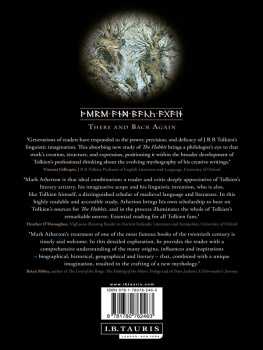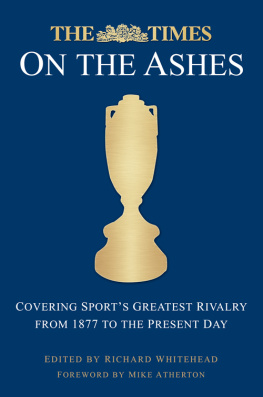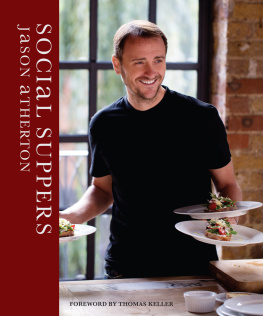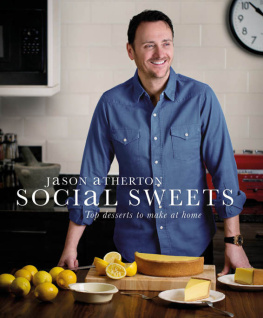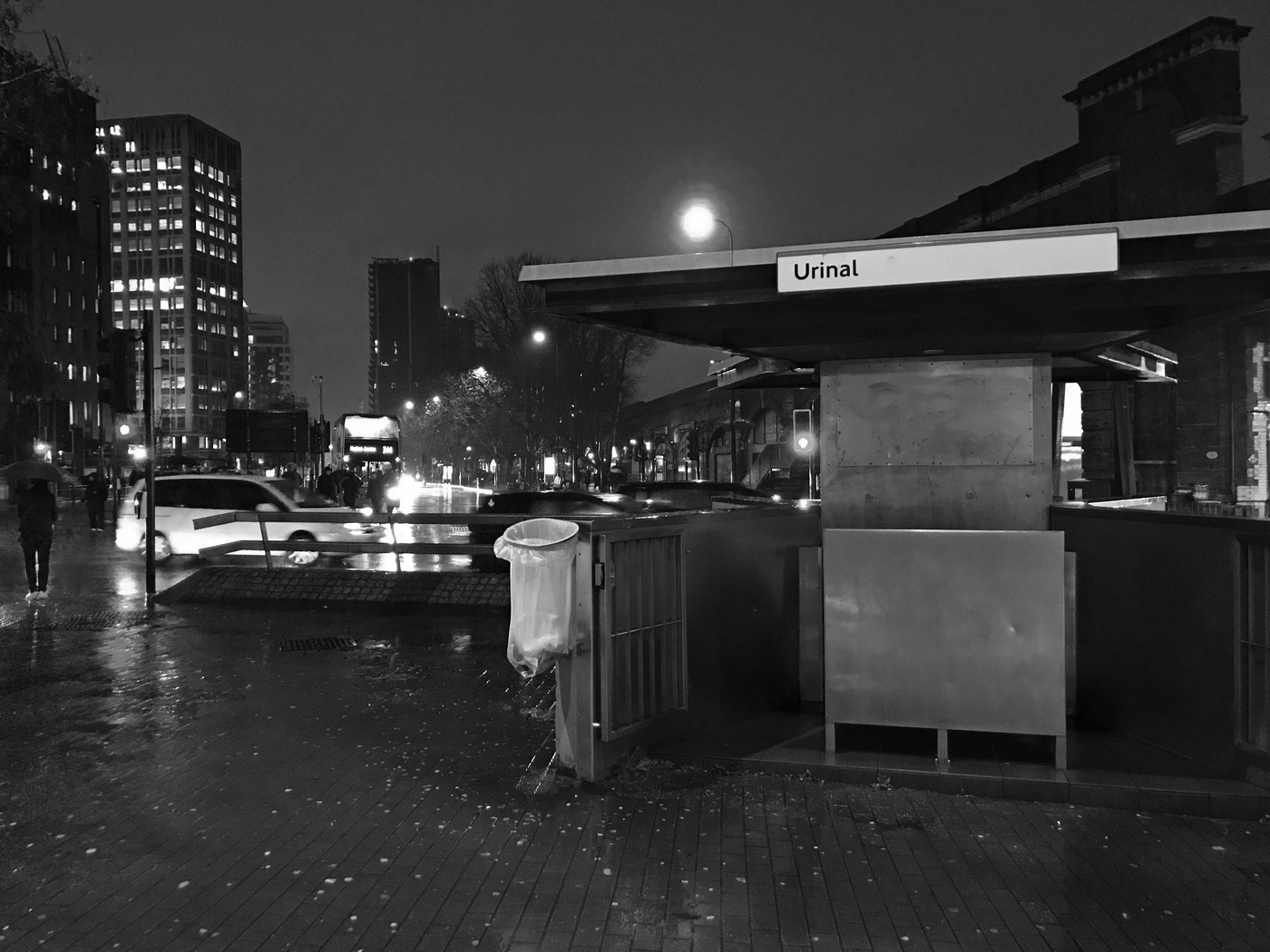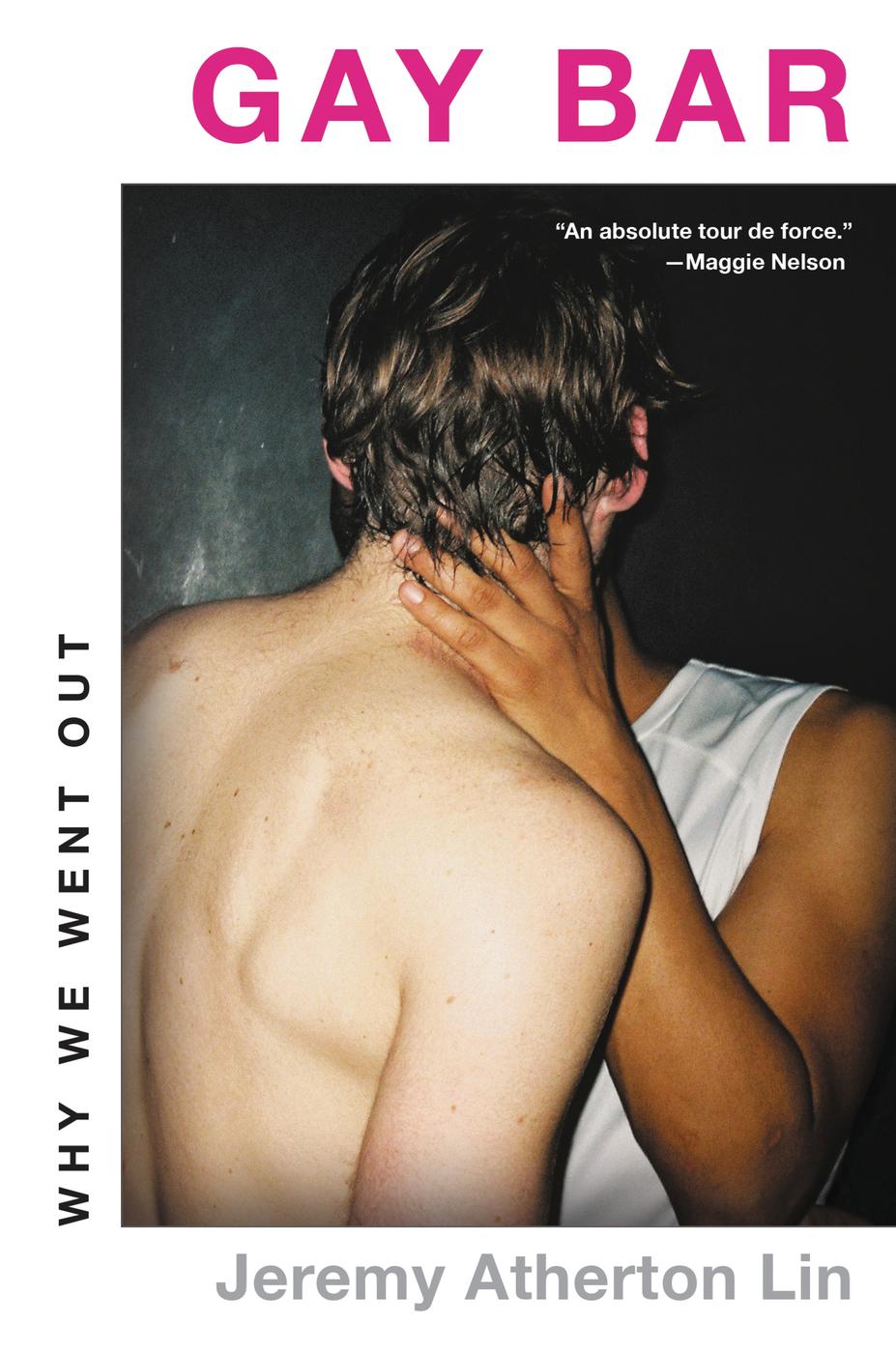
Some names and details have been changed to protect privacy, and some individuals are composites.
Copyright 2021 by Jeremy Atherton Lin
Cover design by Mario J. Pulice
Cover photograph Niz Denox
Author photograph by Jamie Atherton
Cover copyright 2021 b Hachette Book Group, Inc.
Hachette Book Group supports the right to free expression and the value of copyright. The purpose of copyright is to encourage writers and artists to produce the creative works that enrich our culture.
The scanning, uploading, and distribution of this book without permission is a theft of the authors intellectual property. If you would like permission to use material from the book (other than for review purposes), please contact permissions@hbgusa.com. Thank you for your support of the authors rights.
Little, Brown and Company
Hachette Book Group
1290 Avenue of the Americas, New York, NY 10104
littlebrown.com
Facebook.com/LittleBrownAndCompany
Twitter.com/LittleBrown
First ebook edition: February 2021
Little, Brown and Company is a division of Hachette Book Group, Inc. The Little, Brown name and logo are trademarks of Hachette Book Group, Inc.
The publisher is not responsible for websites (or their content) that are not owned by the publisher.
The Hachette Speakers Bureau provides a wide range of authors for speaking events. To find out more, go to hachettespeakersbureau.com or call (866) 376-6591.
ISBN 978-0-316-45874-0
E3-20210112-DA-NF-ORI
This book is dedicated to its other daddy.
A long while amid the noises of coming and going, of drinking
and oath and smutty jest,
There we two, content, happy in being together, speaking little,
perhaps not a word.
Walt Whitman, A Glimpse
Explore book giveaways, sneak peeks, deals, and more.
Tap here to learn more.

Historically, gay bars were the only spaces where queer people could be visible, as if that visibility could exist only within the imagined. Now it seems that reality outside the bar is so grim that people would rather preserve this fantasy, not just out of safety but as an emotional necessity.
Hannah Quinlan and Rosie Hastings, 2017
I ts starting to smell like penis in here. His words hovered in the claggy dark. The other men laughed soundlessly. I couldnt be sure how Id arrived in their circle. The room had become crowded like a bumper car rink, until I was no longer steering but carried along by collisions. I must have willed this, really. Still I hadnt discerned how these men formed one group. Their bodies circumscribed a turf, as on a playground or prison yard. If Id encountered their type someplace else, Id be averting eyes and stammering. I still was, but they not only sniggered, they touched me.
That is a ripe arse you have, man, the youngest and blondest had remarked in a maybe Irish accent. Whether or not I deserved the compliment, I would take it. Id manifest the ass he desired. I would do so by tensing it slightly. Ill have a piece of that, or youll suck me, the blond continued, pushing me to my knees as he and the others closed in. Someone else commanded, Gonsuck it, youll like it, its the biggest one here, like a benevolent bully. Then with a kind of brutal elegance, the group spread apart like the blades of a pocketknife.
Thats when: Its starting to smell like penis in here.The voice was at once queeny and thuggish, the line nearly sung, a lewd here we go againtrailing off as he moved away, leaving me on my knees to the blond. The room did smell of penis, maybe. Like fog machine or nitrites, syrupy lager spilling over thick fists, smokers breath, someones citrusy cologne, the bleached vinyl seats. It reeked of toxic masculinity. It stank of the clammy skin of white Englishmen, which is like wet laundry hanging to dry without wind. Overhead, passing trains shook the black ceiling. The rumble disturbed the black partition that bisected the room at a diagonal, a false horizon promising someone better just out of reach.
The nights men-only rule was proclaimed on a printout along with the name of the event, Brt, in a tool-kit typeface connoting a narrow definition of gender. The men skulked in trackies, inhabiting or playacting working-class bodies. I thought then I had better not speak. My accent is too equivocal, scuppered somewhere on the Atlantic and apologizing. The point here was to be regular. The only distinguishing feature should be an erection the size of a Sky+ remote control. The haircuts were skinhead or fade. Leather daddies were present, but the group Id fallen in with wore the uniform of rough council estates: polo shirt with collar popped, white trainers, white cap. It crossed my mind I was playing with men who emulated porn actors pretending to be rough trade.
I saw these men as being in their domain, depraved and sketchy, whereas I was just passing through. Then again, I understood Im the company I keep: a man over forty with a Friday night hard-on, passing as desirable in the dark. I didnt end up here out of loneliness. Id arrived with my companion, the Famous Blue Raincoat. Weve been domestic for years. It may seem difficult to understand why two men who are happy with each other will take the risk of going to these places where the whole atmosphere of the group will tend to drive them apart, wrote Gordon Westwooda pseudonymin his 1952 book Society and the Homosexual. It was the authors hunch there was no other spot for these coupled men to rendezvous. To the homosexuals, in a pathetic kind of way this place is their home.
But that was another era. I hadnt been driven to The Bar by societys lack of understanding. Throughout the twentieth century, London pubs, cafs and clubs would be taken overselected as Westwood put itby a homosexual clientele. The unofficial meeting places could be so discreet most other customers wouldnt notice, and occasionally so brazen an orchestra would strike up a tribute when an attractive male entered the room. Proto-gays were segregated by class as much as anything else, sticking to the exclusive cellar bar at the Ritz on the one hand or an East End boozer on the otheror, in the case of privileged men in pursuit of a bit of rough, moving from the former to the latter. In this diffuse network of commercial spaces, the clientele might be tolerated to various degrees because it brought business. (Matt Houlbrook, an authority on London queer history, figures: The pink shilling was a potentially lucrative market, and mens demand for a home always ripe for exploitation.) Now we were being elaborately catered to: The Bar was designed for a demographic of masc-presenting homo satyrs.
The steel and brick and the exposed, girthy pipes declared this as manly terrain. The hint of disco in the DJs mix got me thinking about Andrew Hollerans 1978 novel Dancer from the Dance, in which hedonistic gays haunt Manhattans derelict warehouses, abandoned factories and dilapidated piers. We were ghosts, the narrator says. In 1918, the British war poet Wilfred Owen wrote of loitering along the wharves on the River Thames, where I am the shadow that walks there. The final lineI with another ghost am laincould reference troops in the trenches, but really must mean horny men who move that way to this day, as phantoms, with that slow walking, the opposite of rush-hour commuters who dart quickly but attempt to avoid collision. The cruiser ambles in pursuit of contact. Its a saunter that wills a larger terrain, populated by more attractive men. Id determined myself into that pace. I had not gone upstairs to be anything but another ghost.



